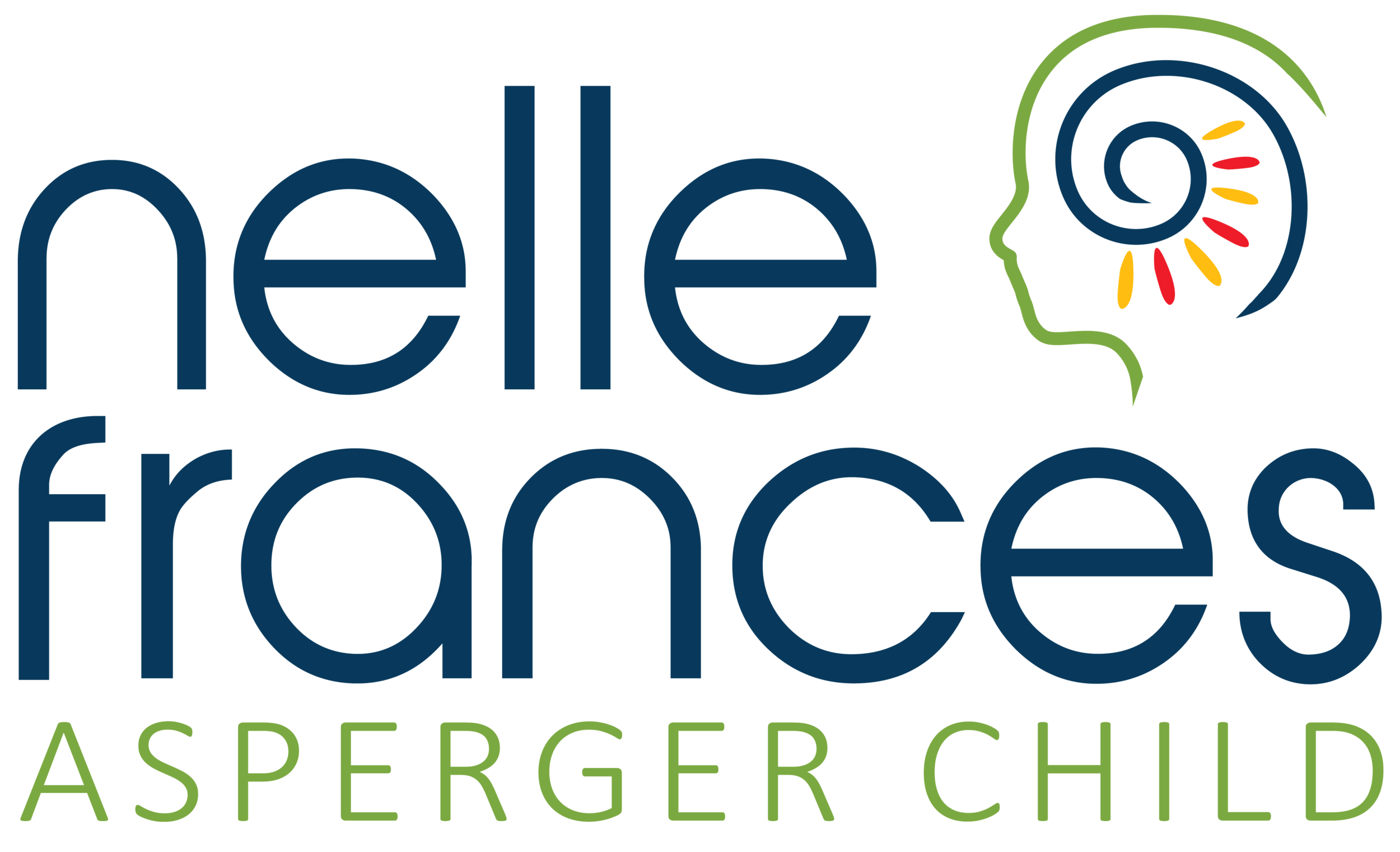Building Self Advocacy Skills
From about Year 4 or 5 (depending on the autistic child’s ability / choice) they should be included in any support meetings about them e.g. IEP’s, BMP’s, ICP’s. How can we hope to know how best to support them unless we ask them?
Sometimes, as with IEP’s and ICP’s, there are numerous meetings for school staff to get through and limited time. So adding something new to the mix (such as having a child present) can be met with resistance. But having a child in a meeting about them doesn’t need to create anxiety or stress, and in fact is a very important part of teaching the autistic child how to advocate for themselves as adults.
It takes time and much practice (and trust) to ask for the appropriate supports to meet your needs and being encouraged as a child to do so, while being guided by the adults in their life, creates the scaffold to success later in life.
However, we need to conduct those meetings slightly differently.
Some meetings may involve the Principal, Class Teacher, Head of Special Ed, Ed Queensland OT, Behaviour Team etc so can be quite intimidating for parents, and absolutely frightening for children, who may think they’re in trouble. We must reinforce that far from being in trouble everyone in the meeting is looking for solutions that foster success in the child’s life.
It’s best to work with the autistic child for a few weeks prior to the first meeting discussing how it’s likely to look, sound, feel… the types of things that may be discussed … reinforce that the child has a right to be there, and that you (his parent) “will have his back”, that you’re on his side and that he’s not in trouble, that the meeting is about providing support to help him be successful.
We know that when asked a question an autistic child most often gives the answer that is expected, or that the person asking wants to hear. Or when asked a direct question their processing ability may shut down and they won’t be able to answer at all. So, everyone present in the meeting needs to understand this and allow for it.
To successfully come up with a support strategy will instead require everyone brainstorming to find several possible support strategies, and then letting the child know that he can talk it over with you (the parent) and you will let the school know in 2-3 days time.
We also let the child know that often we don’t know if a support strategy will work until we’ve tried it. Let him know that school staff will check in with him and mum/dad in a week or two to see if it’s working. If it’s not effective, the child simply chooses another strategy he’d like to try next and you’ll just ‘change the plan’.
Kids need to know that plans often don’t work, but that doesn’t mean we’ve failed or been unsuccessful. We just change the plan and give something else a try! This is self-advocacy in action.
What we’re aiming for is to have the autistic child building confidence around getting his needs met. We need him to understand it’s his right to be successful (not just in an educational setting, but in all environments).
Involving kids in meetings about their needs changes the tone of meetings. It makes the adults in the room behave like adults. It keeps language positive and helpful. It helps adults in the room focus on the (real life) child rather than their perceptions of behaviours displayed by the child.
For example, I once accompanied a family and child to an IEP meeting. The child was very anxious and initially shut down (arms folded, head on desk). School personnel began asking him direct questions and he shut down further. His parents and I redirected school personnel by suggesting a range of strategies and solutions. The child (who was sitting on a computer chair with wheels) started to put his head up and be involved. Next, he was spinning in the office chair and joining the discussion about his support.
Then he began using his legs to manoeuvre the chair around the room (like a sit-down skateboard) and was doing laps around the meeting table, all the while giving his input about his support needs. School personnel were visibly annoyed and distracted. They asked if the child should go back to class. His Parents and I said he was doing what he needed to be doing to be able to focus in such an anxiety-provoking environment, and the meeting continued.
Self-advocacy is a skill that needs to be modelled and supported from an early age.
#nothingaboutuswithoutus #selfadvocacy

